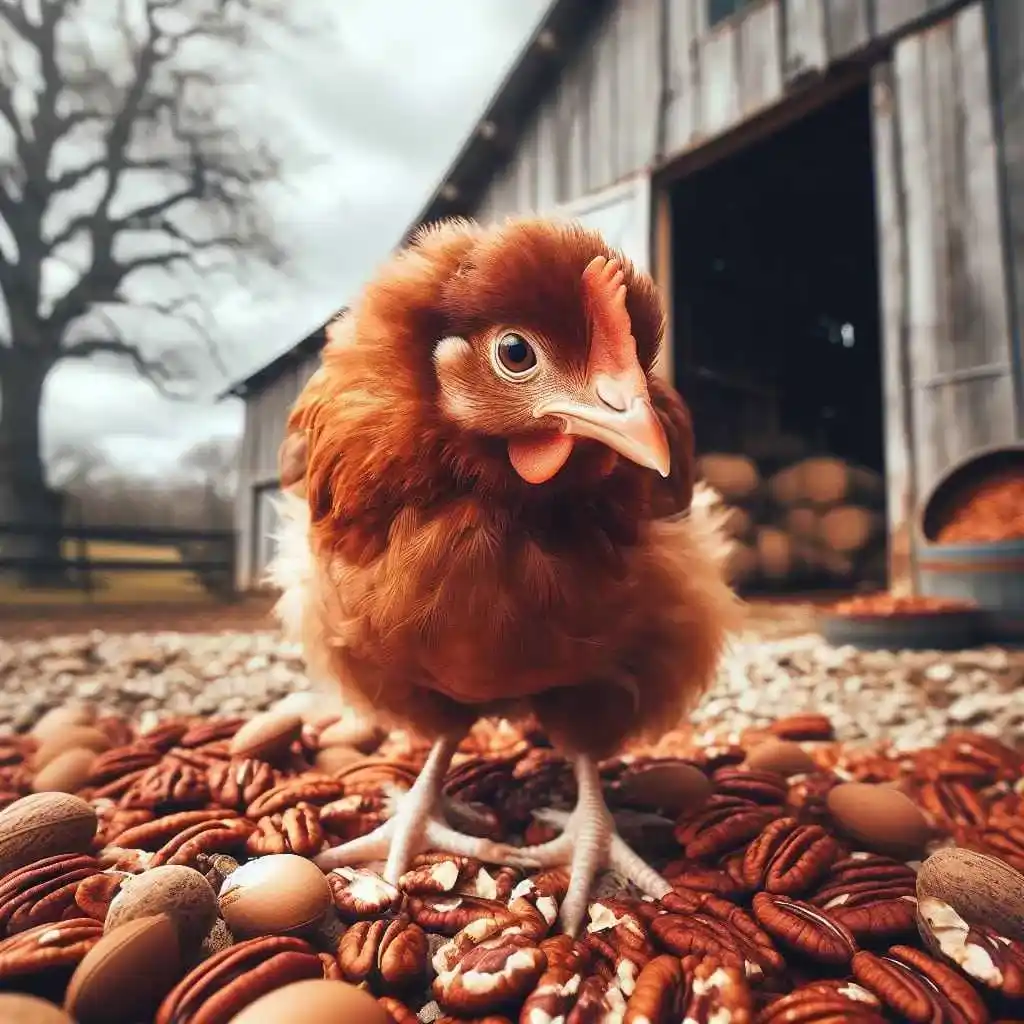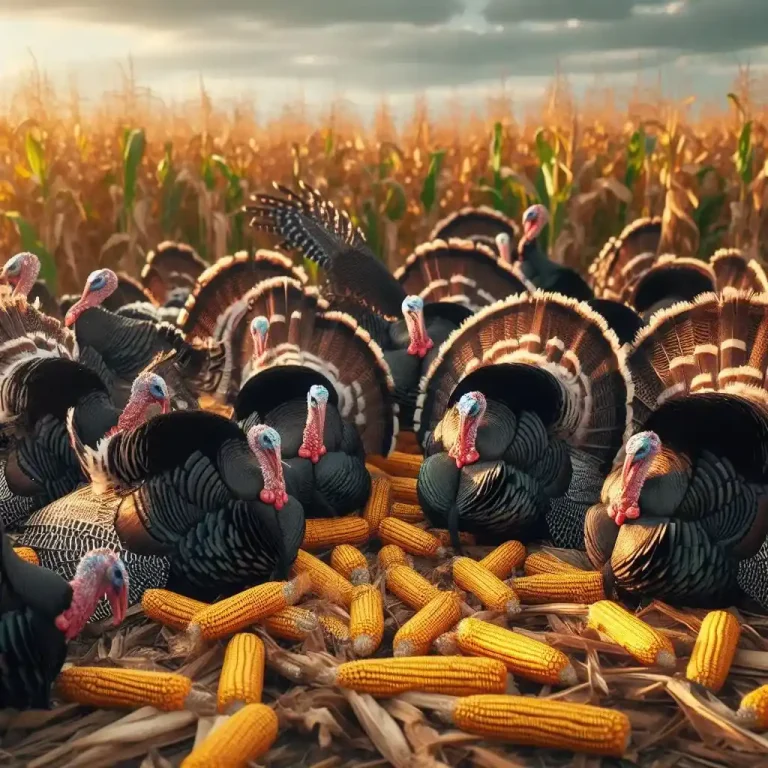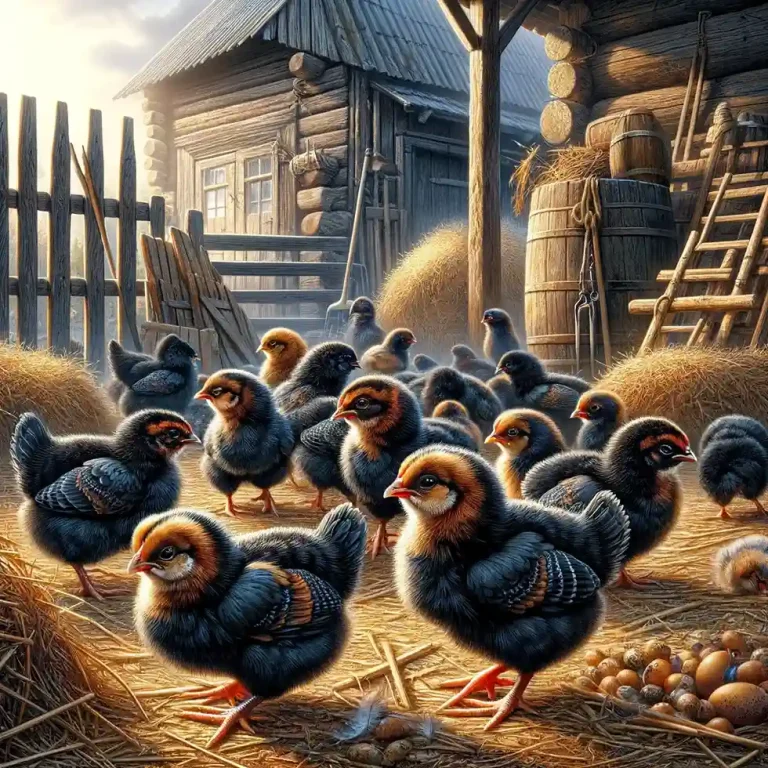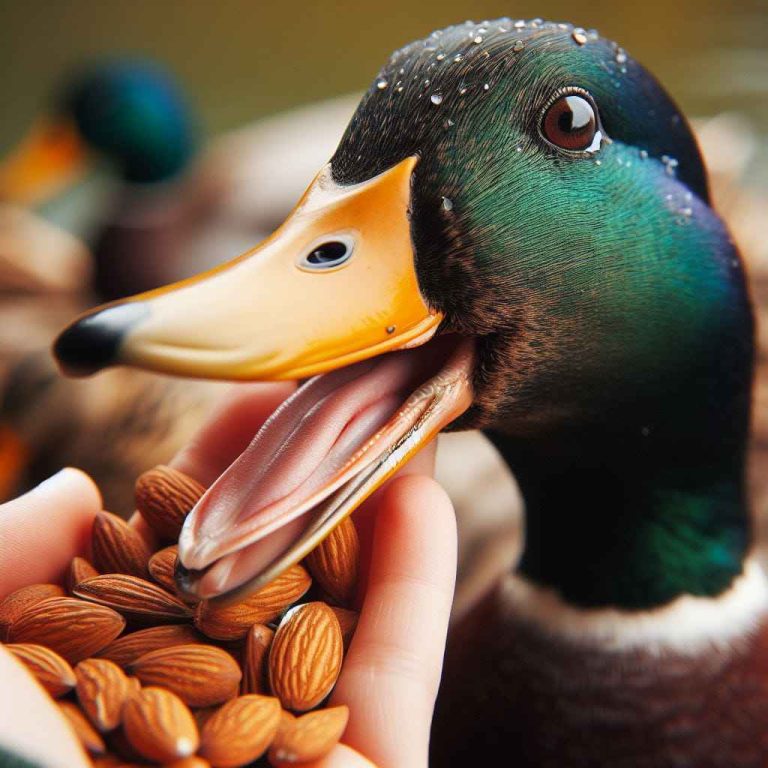Can chicken eat pecans

Can chicken eat pecans
Pecans, known for their rich flavor and nutritional benefits, often find their way into human diets. But what about our feathered friends? Chickens, with their diverse and often surprising culinary preferences, may also enjoy the occasional pecan treat. In this article, we delve into the world of pecans as potential chicken feed, exploring their nutritional value, benefits, and considerations when offering them to your flock. Let’s uncover whether pecans can be a nutritious addition to your chickens’ diet.
Nutritional Value of Pecans for Chickens
Pecans offer a range of nutrients that can be beneficial for chickens. These nuts are rich in protein, healthy fats, vitamins, and minerals. Protein is essential for muscle development, feather growth, and overall health in chickens. Pecans also contain healthy fats, such as omega-3 and omega-6 fatty acids, which support heart health and provide energy for active poultry.
Additionally, pecans are a good source of vitamin E, an antioxidant that helps boost the immune system and promote healthy skin and feathers in chickens. Minerals like calcium and phosphorus found in pecans contribute to strong bones and eggshell formation. However, it’s important to note that while pecans offer nutritional benefits, they should be fed to chickens in moderation due to their high fat content.
Benefits of Feeding Pecans to Chickens
Feeding pecans to chickens can offer several benefits beyond just nutrition. Firstly, pecans can serve as a tasty and engaging treat for chickens, providing enrichment and mental stimulation. Chickens enjoy pecking and foraging for treats, and the crunchiness of pecans can add variety to their diet. Additionally, the healthy fats found in pecans can contribute to glossy feathers and overall plumage health in chickens. Pecans also contain antioxidants that may help boost the immune system, potentially reducing the risk of certain diseases in poultry.
Furthermore, incorporating pecans into a chicken’s diet can promote natural behaviors like scratching and pecking, keeping them active and entertained. However, it’s important to offer pecans in moderation to prevent overconsumption and potential health issues related to high-fat content.
Risks and Considerations of Feeding Pecans to Chickens
While pecans can provide nutritional benefits to chickens, there are also risks and considerations to be aware of when incorporating them into a chicken’s diet. One primary concern is the high-fat content of pecans, which can be problematic if chickens consume them in large quantities. Overconsumption of fatty foods like pecans can lead to obesity and related health issues in chickens, such as fatty liver disease.
Additionally, pecans contain a compound called juglone, which is toxic to certain animals, including chickens, in large amounts. While the levels of juglone in pecans are typically not harmful to chickens when consumed in moderation, excessive intake could potentially lead to digestive upset or toxicity symptoms.
Furthermore, pecans are relatively hard nuts, and there is a risk of chickens choking on large pieces if they are not adequately crushed or broken down before feeding. It’s essential to offer pecans in small, manageable pieces to reduce the risk of choking hazards. Finally, some chickens may develop preferences for pecans over their regular feed, leading to imbalanced nutrition if pecans become a significant part of their diet. Therefore, it’s crucial to use pecans as occasional treats rather than a staple food source and to monitor chicken behavior and health when introducing them to the diet.
How to Safely Offer Pecans to Chickens
How to Safely Offer Pecans to Chickens
To safely offer pecans to chickens, it’s essential to follow these guidelines:
By following these safety measures, you can offer pecans to chickens as an occasional treat without compromising their health and well-being.
Moderation and Frequency: Guidelines for Feeding Pecans to Chickens
Moderation and Frequency: Guidelines for Feeding Pecans to Chickens
Alternative Treats for Chickens
Alternative Treats for Chickens
Common Myths About Chickens and Pecans
Conclusion: Making Informed Choices About Feeding Pecans to Chickens
In conclusion, pecans can be a nutritious and enjoyable treat for chickens when offered in moderation and with consideration for their dietary needs. While pecans provide valuable nutrients such as protein, healthy fats, and vitamins, it’s essential to balance their intake with other foods to ensure a well-rounded diet.
By understanding the nutritional value of pecans, being aware of potential risks, and following guidelines for safe feeding practices, chicken keepers can make informed choices that contribute to the health and happiness of their flock. Remember to chop or crush pecans to aid digestion, offer them sparingly as part of a varied diet, and monitor your chickens’ response to ensure they thrive on this delicious treat.
FAQs
Chickens can eat pecans as an occasional treat, but they should not be a regular part of their diet. Pecans are high in fat and can cause digestive issues if consumed in large quantities. It’s best to offer them in moderation, alongside a balanced diet of poultry feed and other healthy treats.
While pecans can be a nutritious treat for chickens, there are some risks to consider. The high-fat content in pecans can lead to obesity and other health problems if chickens consume them excessively. Additionally, pecans may contain mold or toxins if they are spoiled, which can be harmful to chickens if ingested.
Before offering pecans to chickens, it’s important to ensure that they are fresh and free from mold or signs of spoilage. Pecans should be shelled and chopped into small pieces to prevent choking hazards. It’s also a good idea to limit the quantity of pecans offered and to monitor the chickens’ intake to prevent overconsumption.






